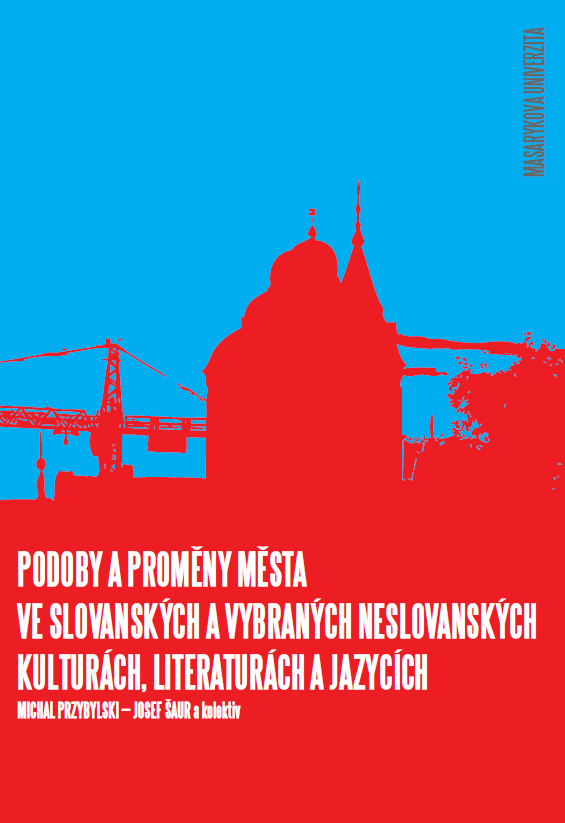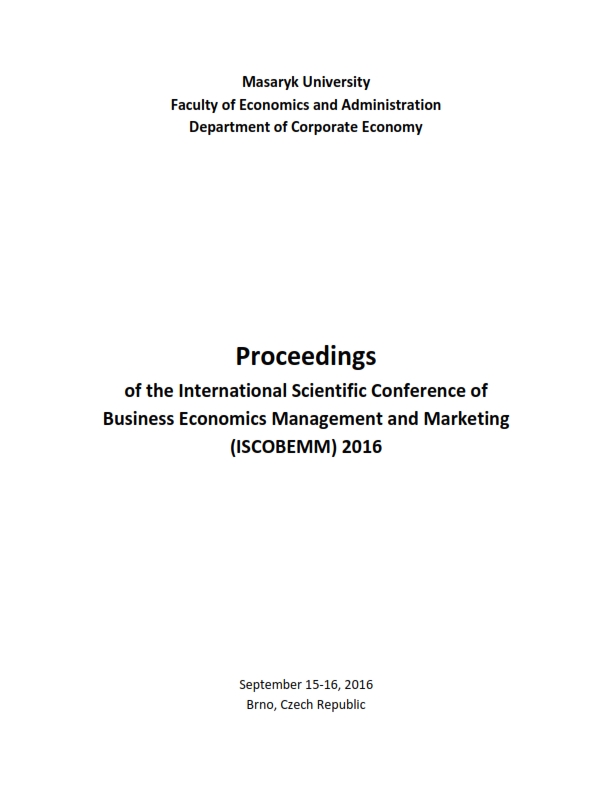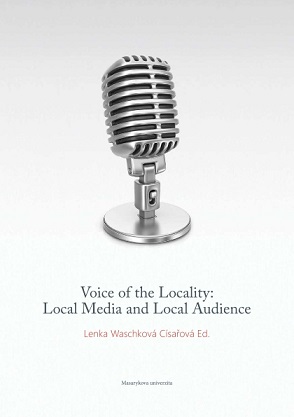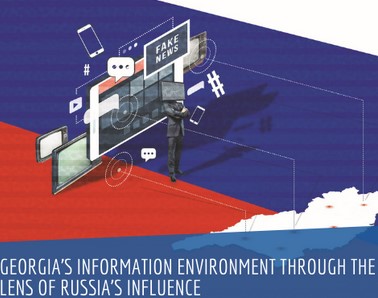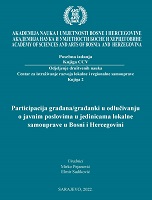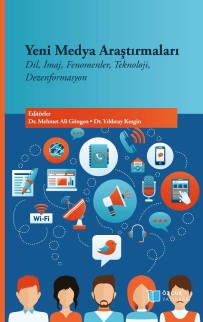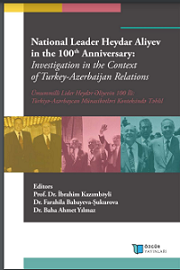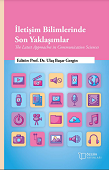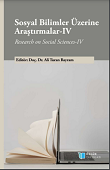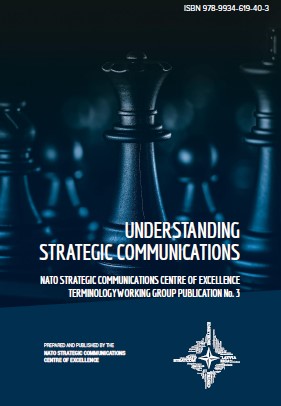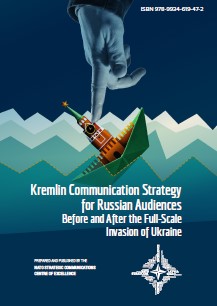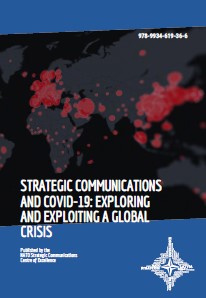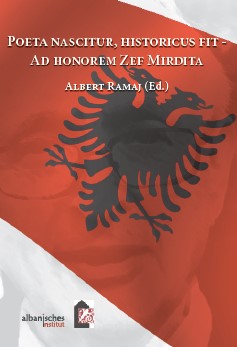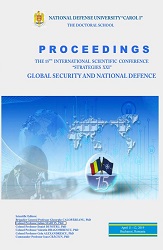
THE IMPACT OF ARTIFICIAL INTELLIGENCE ON FUTURE MILITARY ACTIONS
Artificial Intelligence (AI) is an artifact (computer) that works effectively to achieve a certain goal. Artificial Intelligence Technology has entered a new period of rapid development and is recognized as the most perceptual technology capable of changing the future world. The trend of developing artificial intelligence in the coming years will have an impact on societies, governments, and last but not least on the military environment. Some emerging trends have already begun to appear, therefore, many countries in the world have raised the development of artificial intelligence at the level of national strategy and strongly supported it from the perspective of policy orientation, strategic planning and capital budgeting. The emergence of artificial intelligence weapons will radically change the way in which armed conflicts are being prepared and carried out, that is, „man-to-man” warfare tends to become a war of „machine killing”. Whoever has the best software will win the war. From this perspective, we aim to highlight the integration and functioning of weapons and technologies based on artificial intelligence within the command and control systems and execution structures to uncover the elements of informational and decisional superiority, as well as the success factors in the dynamics of future military actions.
More...
